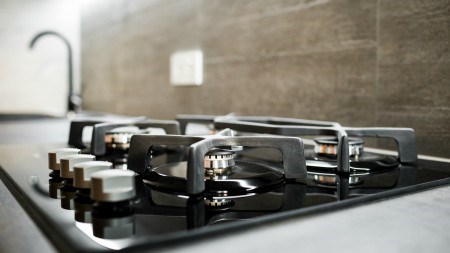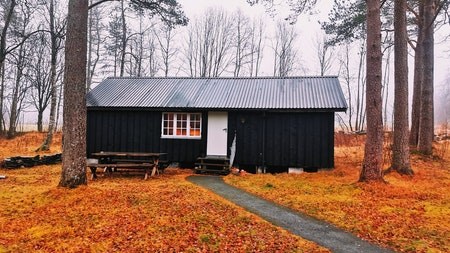With the cost of electricity constantly rising many households are turning to gas for alternative heating and cooking solutions.
According to the South African Qualifications Certification Committee for Gas (SAQCCGAS), the onus is on homeowners - not installers - to ensure that they have a gas CoC in their possession.
“In the absence of a valid gas certificate, an insurance company would be well within its rights to repudiate a claim if a defective gas appliance caused damage to a property,” says Bertus Visser, chief executive of distribution at PSG Insure.
According to the Pressure Equipment Regulations in the Occupation Health and Safety Act (No 85 of 1993), all gas installations must have a Certificate of Compliance (CoC), stating that the installation has been scrutinized and confirmed to be safe and leak-free.
Any home with a liquid gas installation must have a gas CoC issued by an authorised person, who must be registered with the Liquefied Petroleum Gas Safety Association of Southern Africa (LPGAS).
The types of gas installations that require this certificate include gas fires and braais, gas stoves and ovens, as well as hot water systems. Gas CoCs are valid for five years.
Safety first
“Whether you’re only using a gas stove or geyser- which are deemed to be fixtures on a property - or mobile gas appliances such as heaters, you need to keep safety and legal requirements in mind,” says Visser.
“A major hazard is the ventilation around gas cylinders, pipelines, and appliances. When a gas cylinder is changed, a small amount of gas is released – which is why the set-up comes with such strict rules on placement and spacing.
“A gas cylinder is never truly empty unless it is purged with water. If you open a gas cylinder outside and hear the pressure escape and eventually subside, there is still some gas inside the cylinder. This process lets air into the cylinder and increases the risk of an air/vapour ignition. A full gas cylinder that is opened while not connected is an even greater risk, as the air/vapour ignition risk will be outside the cylinder.”
He says spare gas cylinders should always be kept in outside enclosures, but there are limitations on overall gas quantities allowed to be stored. The requirements for positioning and storing make it essential for a qualified and registered gas technician to assess your situation, install or inspect your gas fittings, and issue a compliance certificate.
With many homes utilising a gas power supply, a compliant and secure system is extremely important. An often-neglected area is the internal emergency shut-off valve, despite the legal requirement to have one and to keep it in good working order. According to South African National Standards (SANS) codes, an emergency shut-off valve must always be accessible and must be placed as close as possible to the entry point of the main gas pipe to the building.
“On residential properties, the valve is often fitted outside, which makes it difficult to shut off the gas supply if there is an emergency inside,” says Visser. “The extra time required to reach the valve also increases the risk of ignition. As gas is heavier than air, it can get into every nook and cranny as it drops down.”
Any valve attached to a fixed appliance must be within quick and easy reach. A qualified technician will ensure that this is installed correctly.
Pay careful attention to how the rubber hose through the wall to a gas appliance is installed. The hole must be sleeved and should have a copper insert with the rubber hose line connected. If the pipe is placed directly through the wall, movement creates the risk of it being sanded-down by the bricks and cement, which can lead to leaks.
Hose clamps should be treated with caution too, as they can cut into the hose over time if they aren’t properly installed, which also results in leaks.
Although national building regulations don’t stipulate that residential properties must have fire extinguishers on-site, it is highly recommended to have at least one in or near the kitchen. Make sure it is easily accessible and unobstructed for quick access in case of emergency.
Regular inspections
You should have your gas appliances and facilities inspected every five years and have a new compliance certificate issued. Hose clamps must also be checked as part of the inspection. You may find that they need replacing every few years in any case, but you may not notice this if regular checks aren’t done.
It is vital that all homeowners realise that gas installation inspections are not just essential for insurance policies to remain valid. Even more important, they ensure that gas installations are safe and that households are not exposed to unnecessary dangers. If a gas appliance has been incorrectly installed and results in a gas leak or explosion this could be disastrous for a family.
To find an authorised gas installer in your area visit www.saqccgas.co.za .




